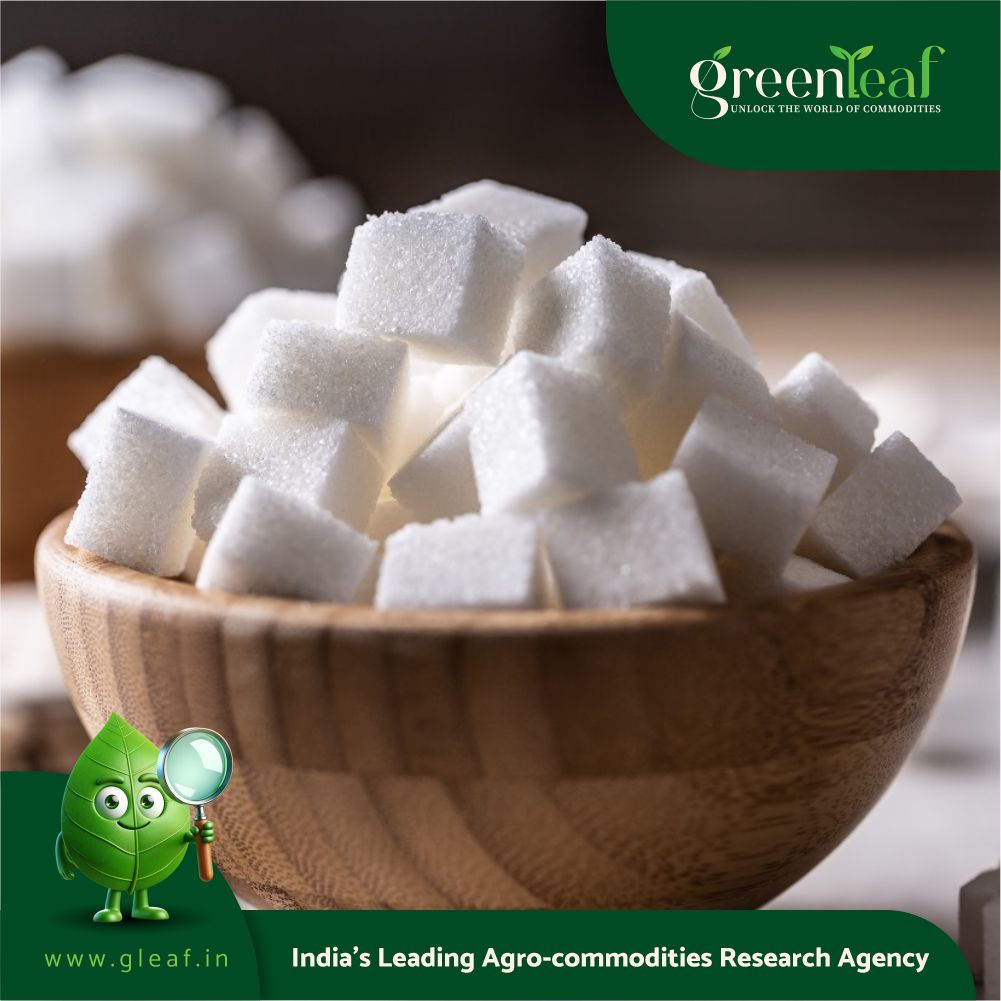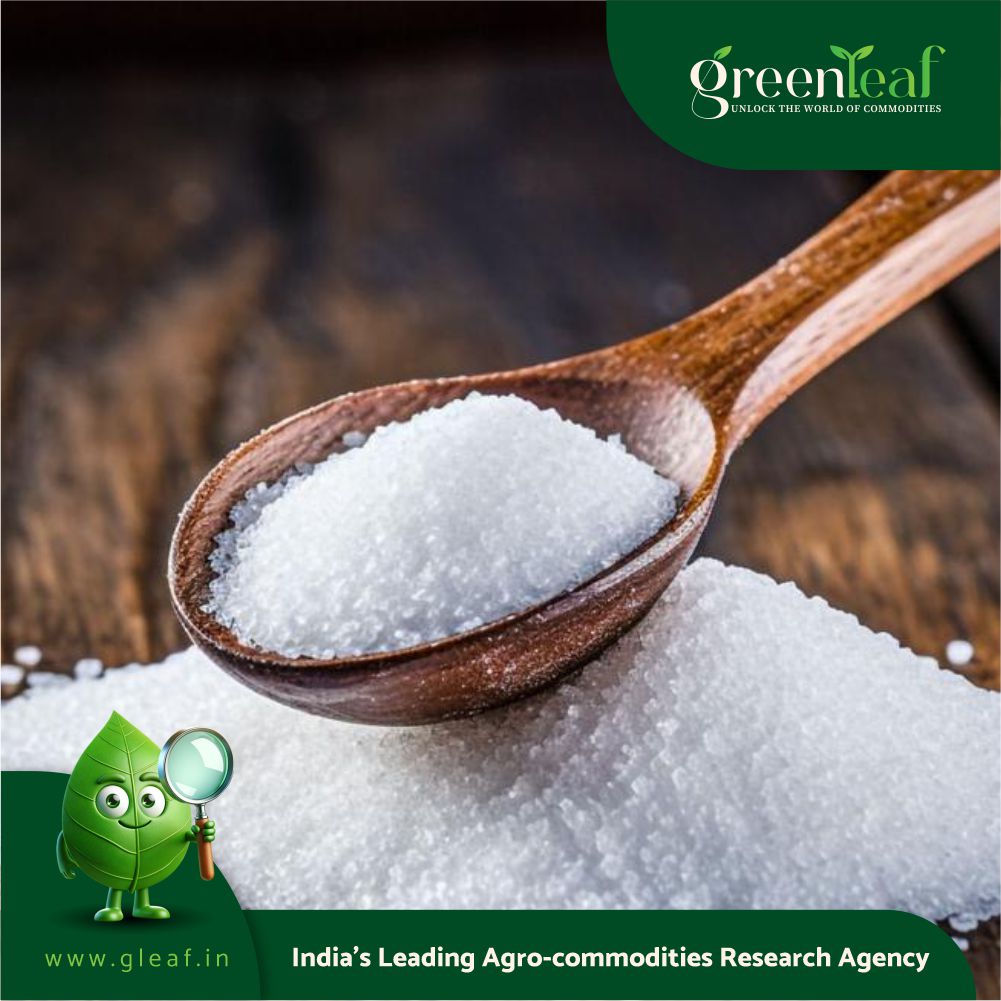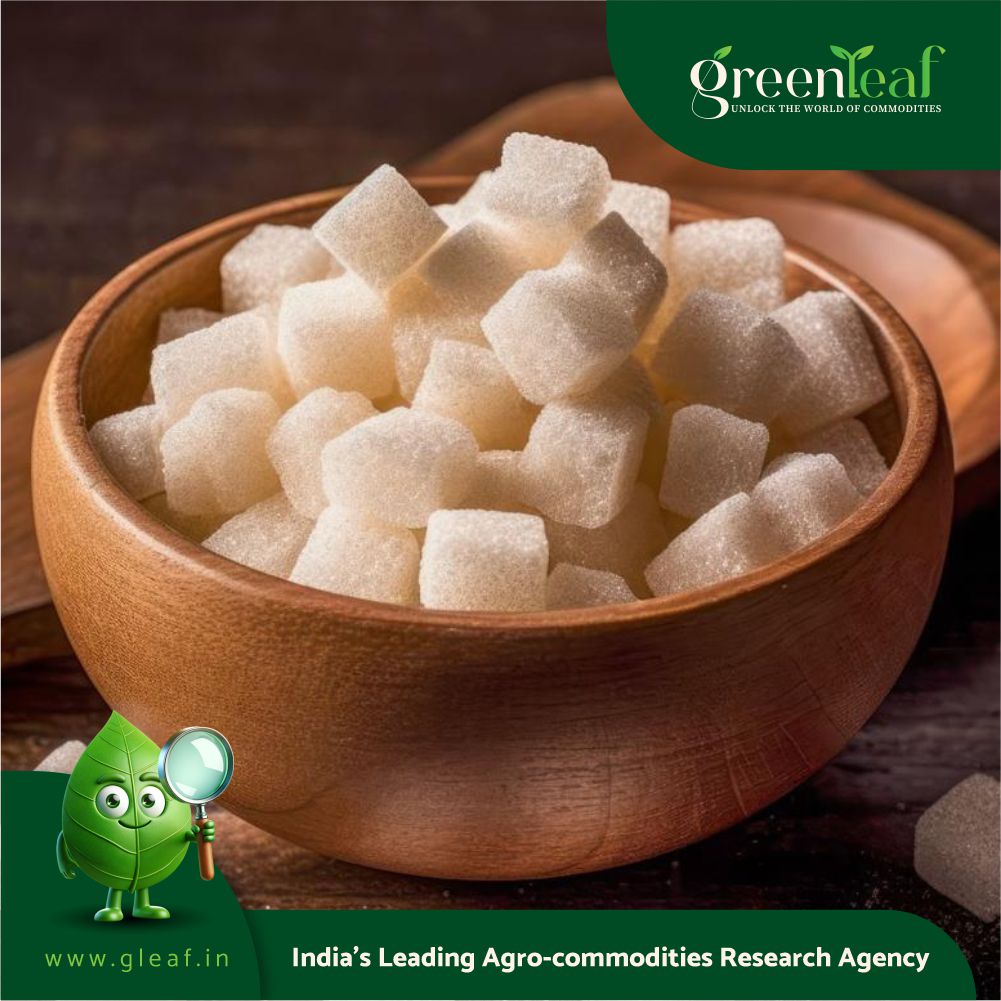NEW DELHI: Sugar farmers' cooperative organisation has backed the government's ethanol blending program, which is scientifically validated, economically inclusive, and environmentally responsible. The blending process does not significantly affect vehicle engines or their efficiency.
In a social media post on Monday, the Ministry of Petroleum and Natural Gas (MoPNG) dismissed concerns about the negative impact of ethanol-blended petrol (E20) on older vehicles, calling these worries unfounded. The ministry assured the public that E20 petrol does not cause significant damage to older vehicles.
The National Federation of Cooperative Sugar Factories (NFCSF) said it strongly supports the recent clarification issued by the MoPNG, which addresses the unfounded concerns raised about the impact of 20% ethanol-blended petrol on vehicles.
"The Ministry has rightly cited extensive domestic and international research confirming that E20 has no significant adverse effect on engine performance, fuel efficiency, or durability even in older vehicles," said Prakash Naiknavare, Managing Director, NFCSF.
The government has claimed that blending of ethanol is based on strong evidence done by premier institutions. “Comprehensive testing conducted by esteemed institutions such as Automotive Research Association of India (ARAI), Indian Institute of Petroleum (IIP),” said Naiknavare.
He further said that Indian Oil Corporation (R&D) has established the mechanical and material compatibility of E20 across a wide range of vehicle types.
The Ethanol Blending Programme (EBP) has brought significant multi-sectoral benefits, empowering farmers, reducing carbon emissions, and enhancing India’s energy security. The government cited notable environmental achievements such as a reduction in carbon dioxide emissions by over 700 lakh tonnes, significantly contributing to India’s climate change mitigation goals and international environmental commitments.
Further, E20 blending has reduced India’s dependence on crude oil imports, saving over Rs 1.2 lakh crore in foreign exchange since 2014–15.
Finally, ethanol production has facilitated payments exceeding Rs 1.04 lakh crore to farmers, strengthening rural incomes.
Naiknavare reiterated that EBP helped the sugar sector to become financially sustainable by ensuring timely payment to sugar farmers.
“It has ensured timely payments to farmers, reduced dependence on government financial support, and fostered the growth of India’s rural bioeconomy and strengthens the nation’s energy self-reliance,” he said.















